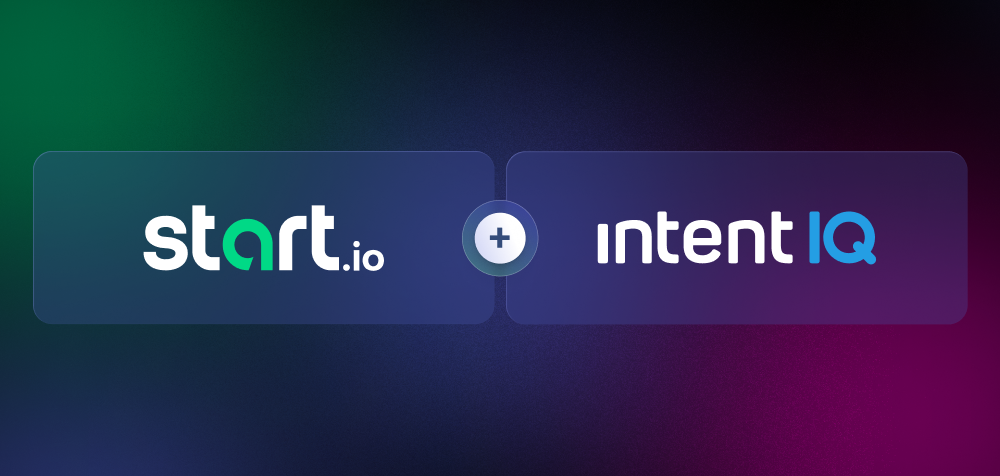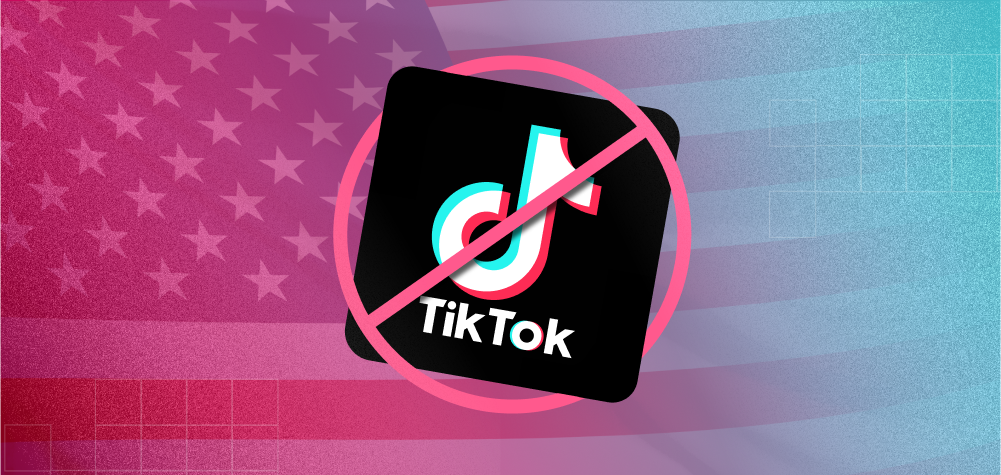What does your company know about me?
I’ve bought a lot of baby products over the past two years, and I like watching action movies in the evenings. My phone and computer know that I’m usually home during normal business hours, and I’ve been doing a lot of research recently on table saws.
Combining these clues, you might guess I’m a dad with a young toddler, I work from home, and I’m planning to buy some expensive woodworking equipment soon.
There has always been a massive business opportunity for companies that can (a) successfully gather consumer data from different sources, (b) combine the data to build an accurate consumer profile, and (c) use the data to send people targeted ads based on their interests.
In a post-cookie world, the solution to this challenge will likely be “hedged gardens,” where technology platforms, publishers, and brands add their respective slices of consumer data, combine it in a data clean room, and build a more open alternative to the “walled gardens” owned by Amazon, Google, Apple, Meta, and other tech giants.
Hedged gardens were a big theme at RampUp 2024, the annual conference organized by the data collaboration platform LiveRamp. We attended the conference, and had great conversations with our partners about the future of privacy-compliant consumer identity—here are our big takeaways:
Privacy and the death of third-party cookies remains top-of-mind for advertisers and the ad tech platforms that serve them. But at RampUp 2024, people seemed confident that the industry would come together to build an alternative to the walled gardens that currently dominate the advertising landscape.
This will require everyone bringing their slices of consumer data, combining them in a data clean room environment, and tying them to an alternative identifier, such as LiveRamp’s RampID. The goal is to build robust, privacy-compliant, anonymized consumer profiles that can achieve accurate ad targeting for cross-device use cases.
Anecdotally, we spoke to publishers at RampUp who said they’ve seen 30- to 100 percent higher CPMs from users who are tied to an alternative identifier.
The brands we talked to seemed more pragmatic about identity—they said they’ll use the identity platform that works the best. They’re happy using a platform that relies on mobile advertising IDs and third-party cookies if it delivers the best results today, even if the identifiers the platform relies on will eventually disappear.
Overall, there was optimism that the ad tech industry would come up with a privacy-compliant solution for alternative IDs that would meet the performance and regulatory benchmarks set today by cookie-based identities.
And while ad tech platforms rapidly test, refine, and launch their own hedged gardens, advertisers said they are content to take a wait-and-see approach, confident that they would be able to continue targeting consumers based on their interests after the death of the third-party cookie.
The big takeaway? Post-cookie, Google’s Privacy Sandbox initiative will be one solution among many—and early tests of hedged gardens suggest that great alternatives exist.



